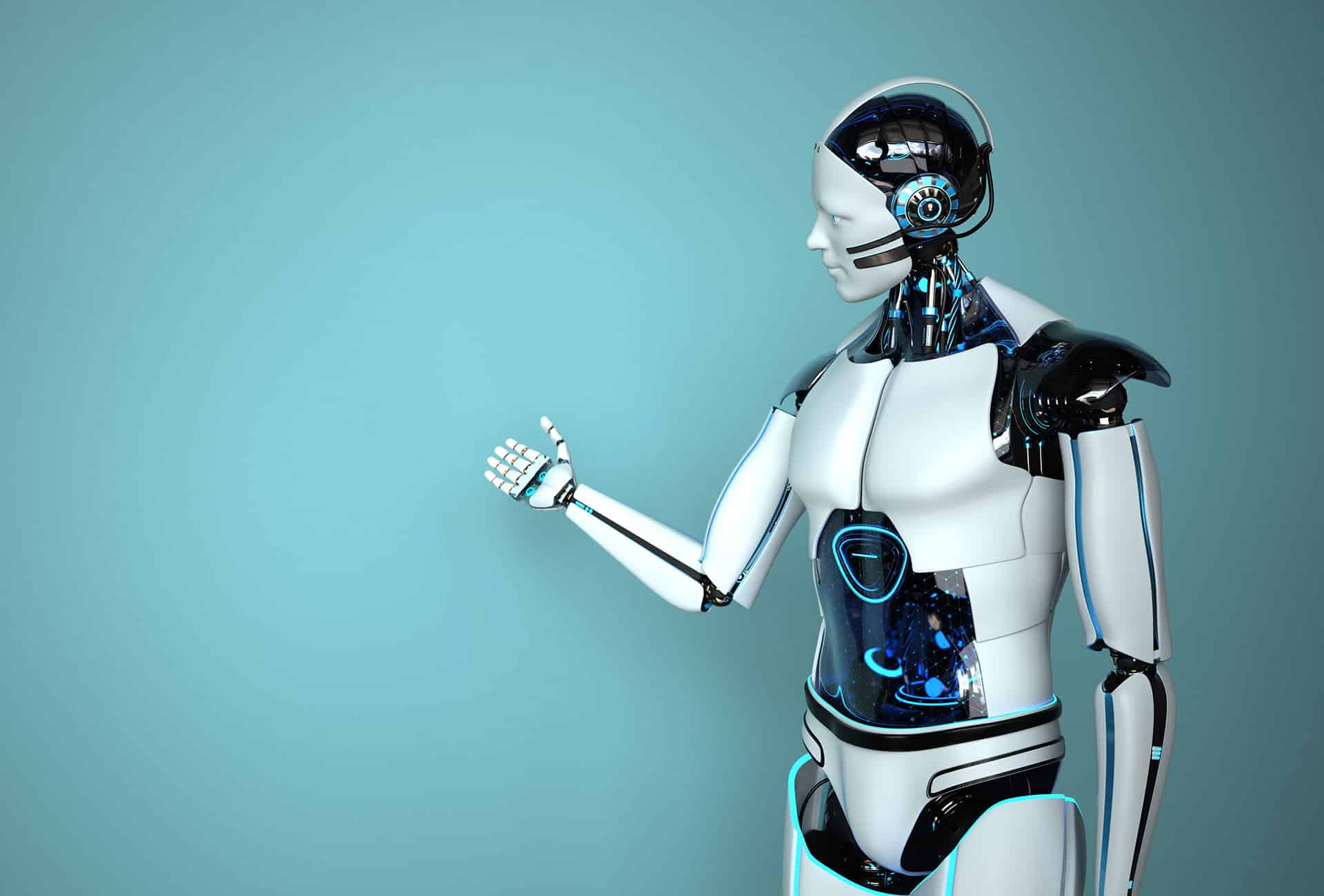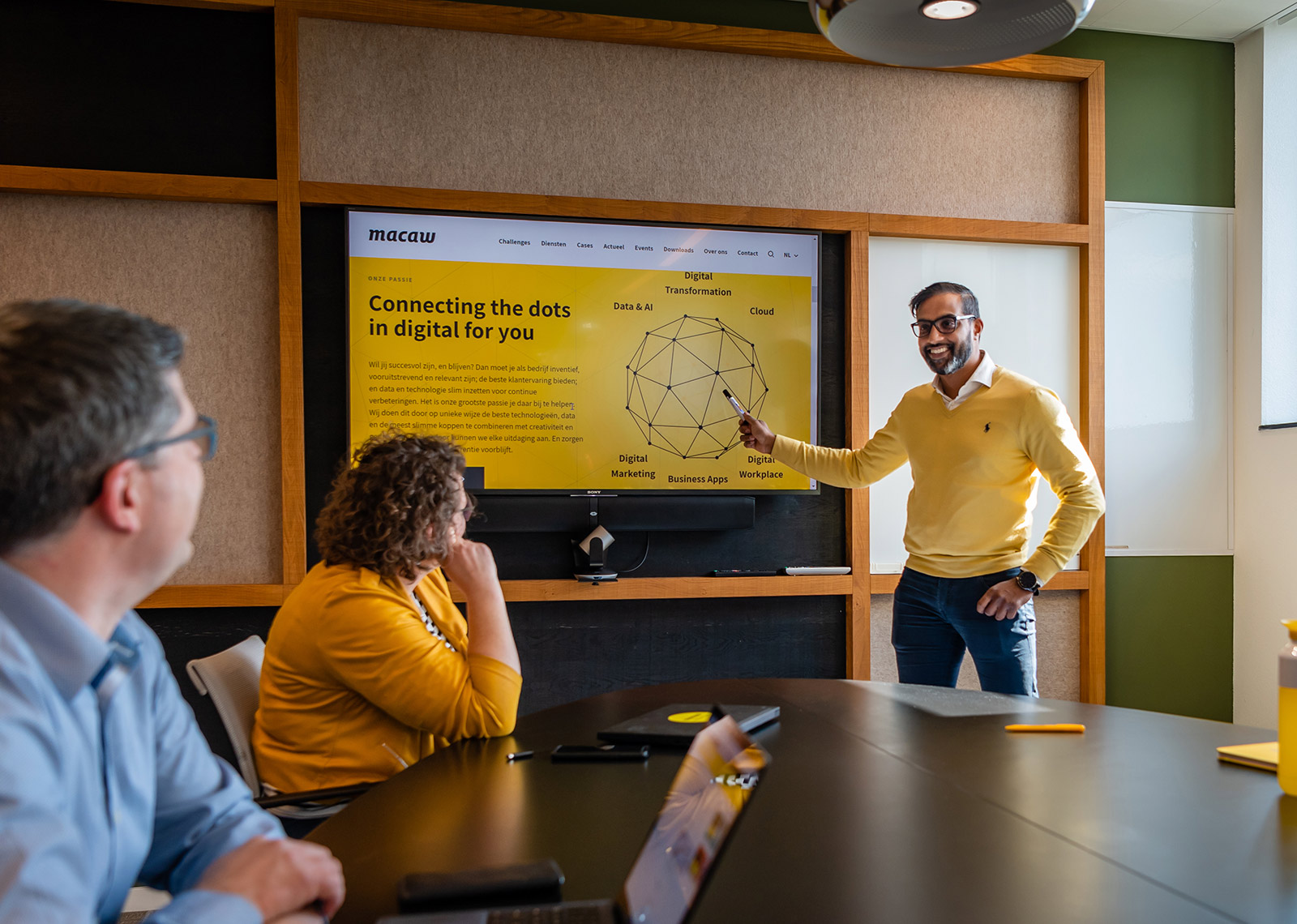
The buzz around Artificial Intelligence (AI) is hard to miss these days. People are constantly discussing it, be it on TV, radio, newspapers, magazines, or even at social gatherings. AI is defined as the replication of human intelligence in machines, including computer systems. Recently, the Future of Life Institute released an open letter signed by technology leaders, experts, and academics, making ‘AI governance’ headline news.
Nothing new
AI is not a new phenomenon, and neither are the concerns that come with it. In fact, there was a similar letter in 2015, where Elon Musk expressed his reservations about AI in The Guardian.
The field of AI started taking its first practical steps in the years following World War II. In 1949, the book ‘Giant Brains, or Machines that Think’ was published, which compared computers to human brains. In the 1950s, John McCarthy coined the term ‘artificial intelligence’ and is widely regarded as the ‘father of AI’. Basic chatbots were already being developed in the 1960s and 1970s with the advent of the first computers.
Major breakthroughs
AI has experienced numerous waves of development since its inception, each marked by significant breakthroughs and advancements in the field. Currently, AI is a rapidly growing and evolving domain with applications in various industries and domains.
Understanding complex technology principles such as neural networks and deep learning capabilities has boosted the theoretical approach to AI. However, advancements in data and computing power to process it have provided the momentum for current use and development.
Drive behavior
In the past decade, we have seen experimentation with various AI applications, leading to out-of-the-box applications in different software and custom machine learning models. The latter is often used to experiment with possible outcomes of actions, such as driving behavior on a purchase.
Tipping point
All these developments have brought us to a tipping point in the application of AI. We are moving away from relatively isolated use of AI applications to more comprehensive ones. Generative AI applications, such as ChatGTP, are a prime example of this shift.
This tipping point has given us the ability to apply vast amounts of data and knowledge models to generate content in an intelligent, almost human way. However, with a few differences – it happens at lightning speed and using more resources than we as humans can consume ourselves.
The current tipping point in AI is only the beginning, as we can expect:
- An increase in the amount of data progressively over the coming years
- Advances in AI as a field with more complex technologies
- Comprehensive and advanced AI technologies becoming a part of autonomous systems, with self-driving cars being just the first step
- Computing power to substantially increase as we are now only in the pre-phase of quantum compute capabilities. Quantum computers are expected to make computer power millions of times faster and specifically help with AI issues.
The current version of ChatGTP is just a first version of a new ‘engine’ that still requires manual operation and interpretation – we have a rough diamond in our hands. However, we know it will evolve super-fast, as demonstrated by the progress made in the last few years.
While the developments in AI are fascinating, there are also concerns about disinformation, economic shocks, and disruption. OpenAI CEO Sam Altman has expressed these concerns in an interview with podcaster Lex Fridman. Good legislation, ethical, and responsible use of AI are needed to harness the many positive benefits of AI and ensure a prosperous future.
As always, the potential danger of new technology is not the technology itself but who uses it.







